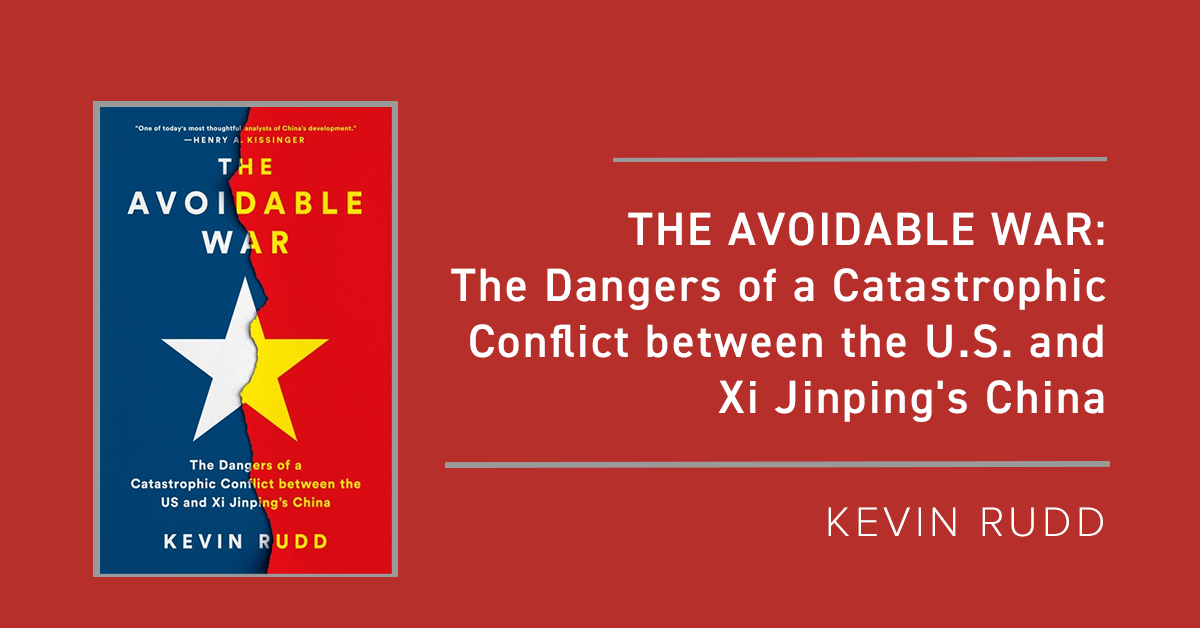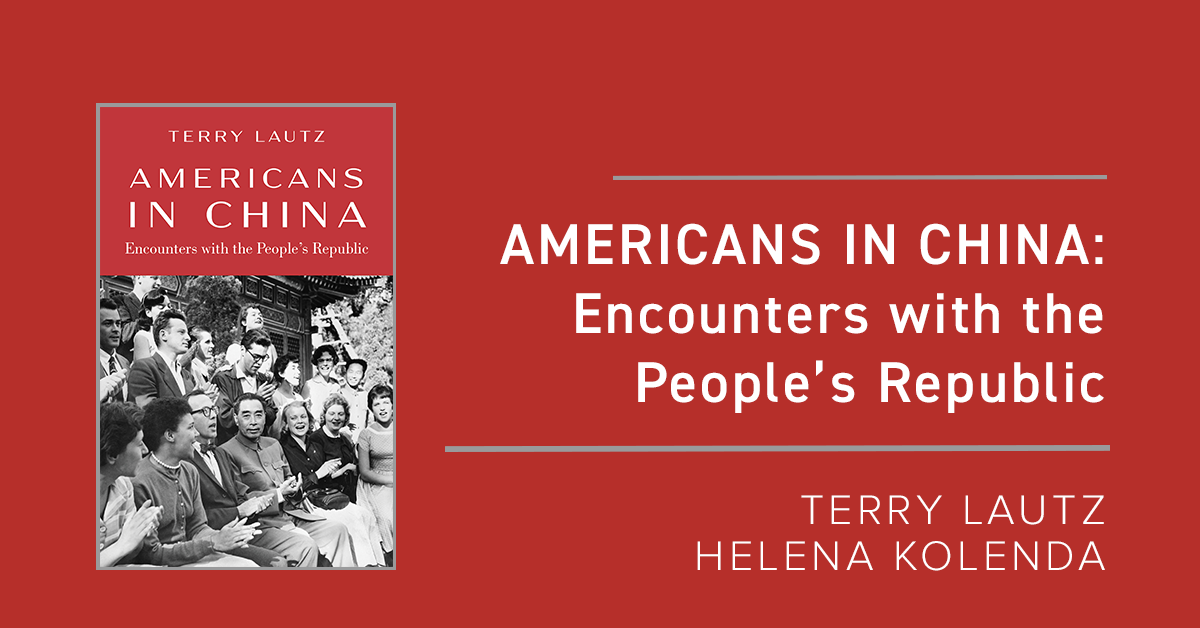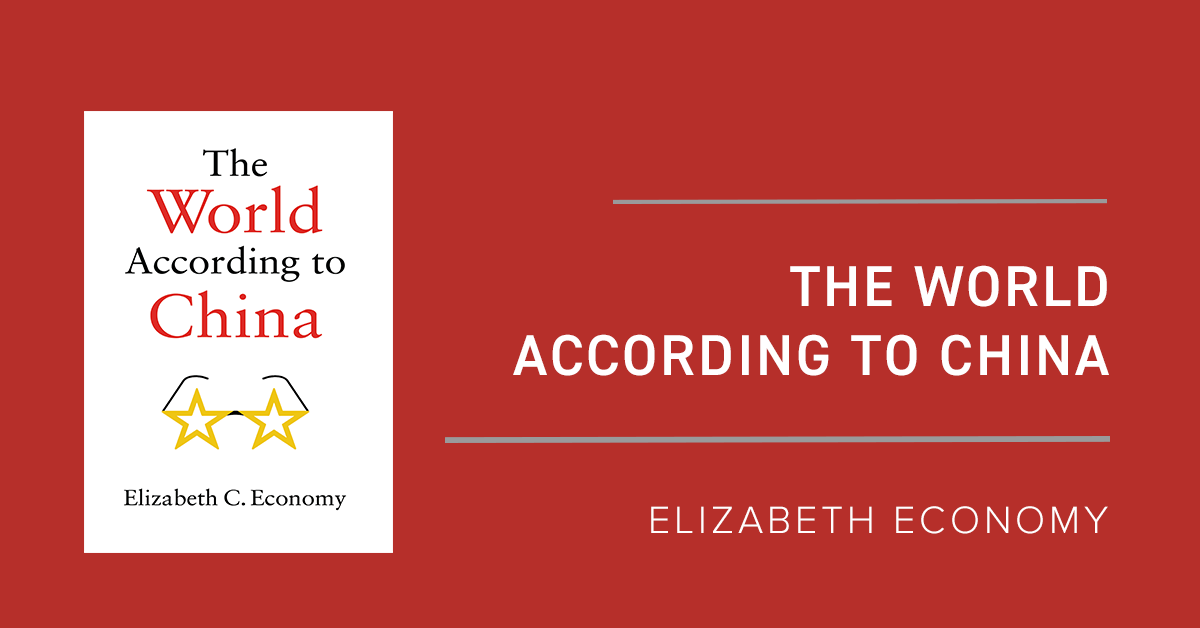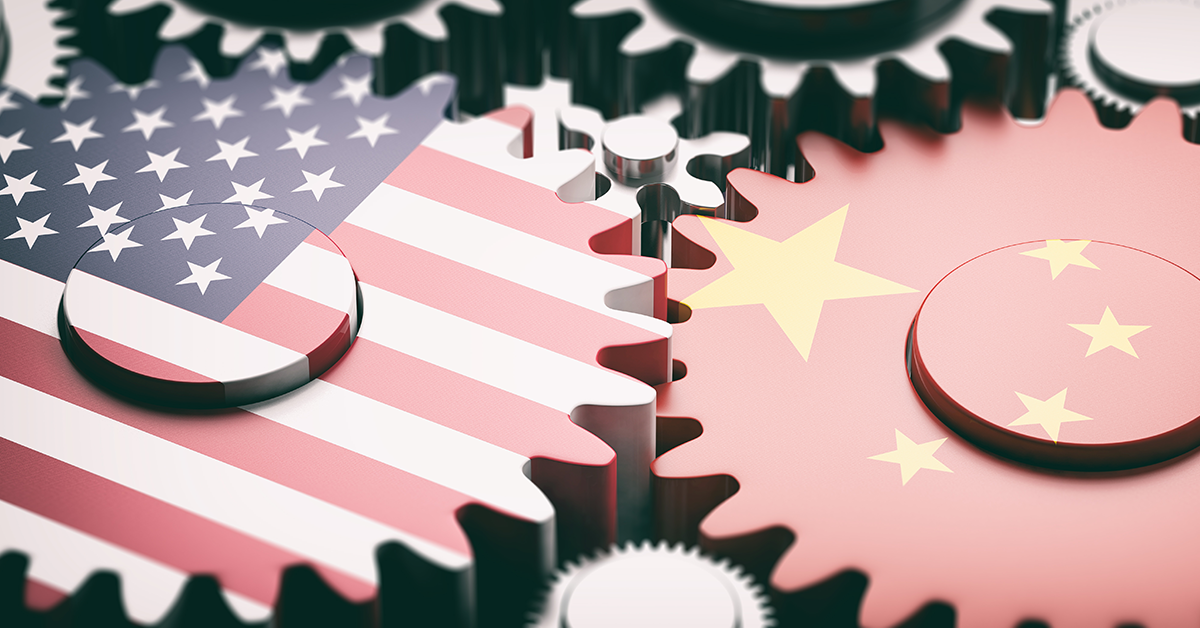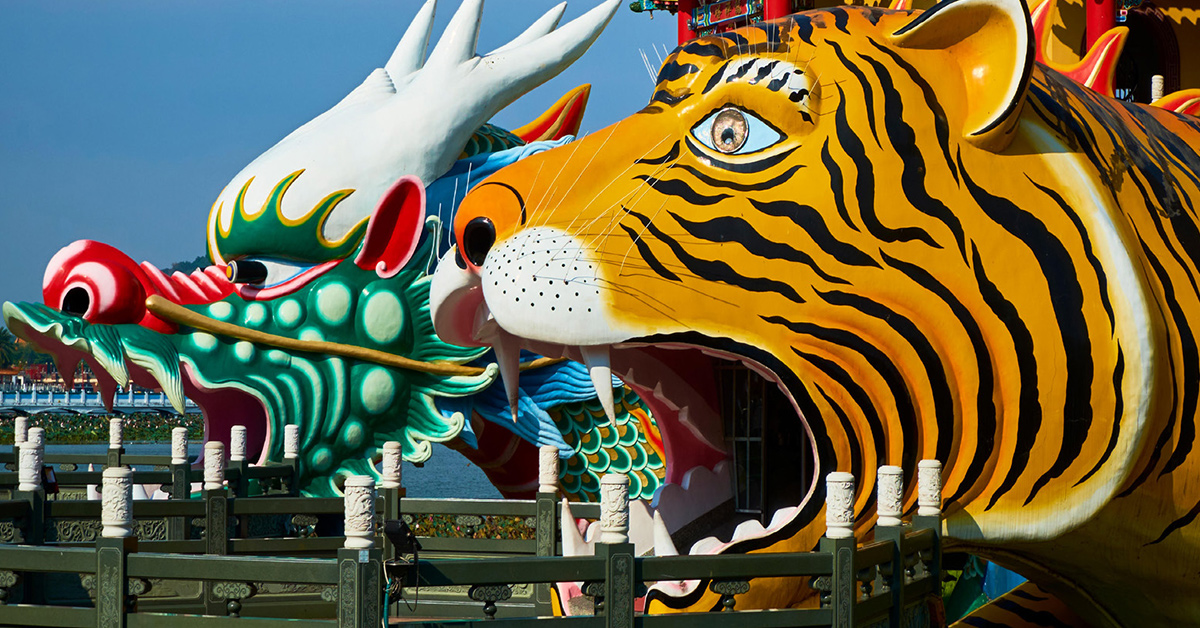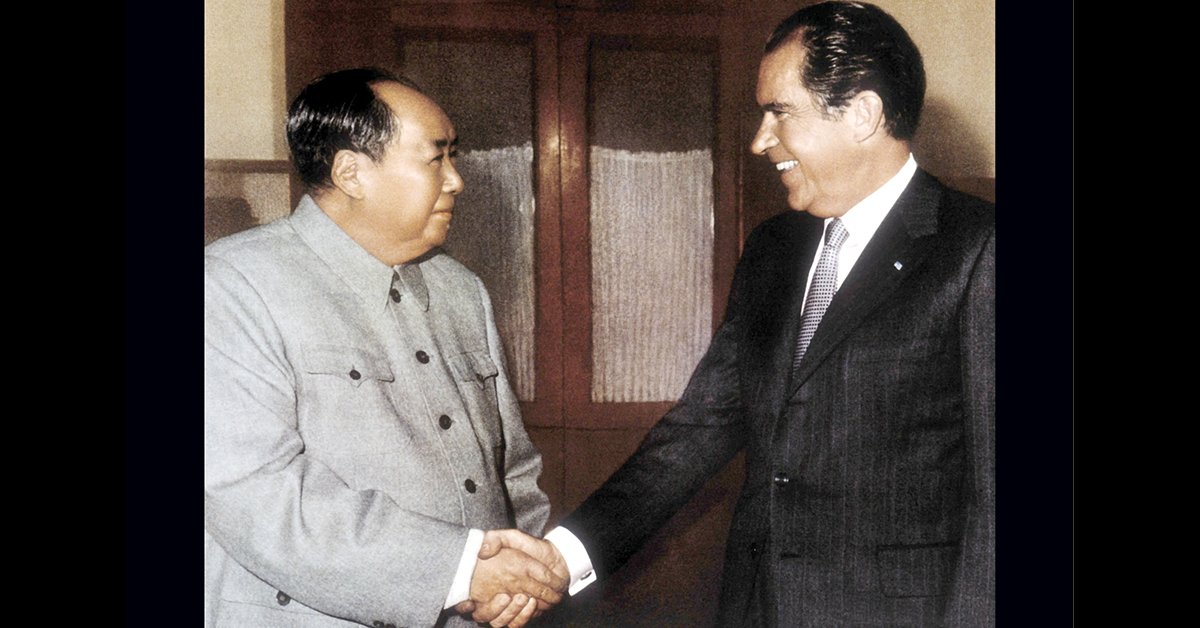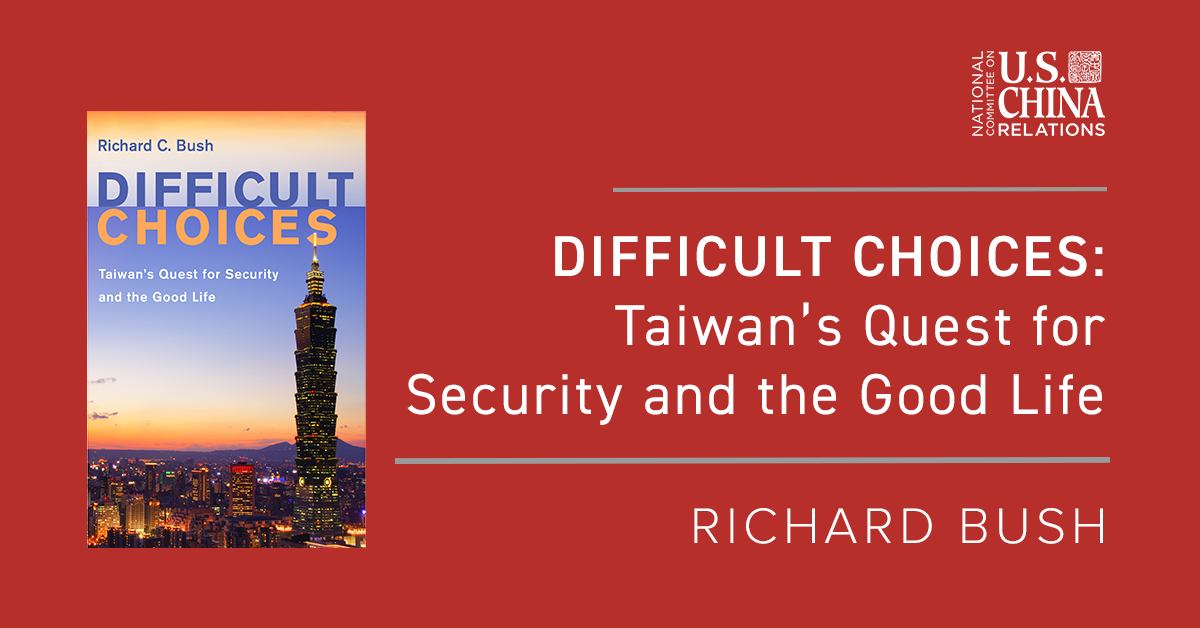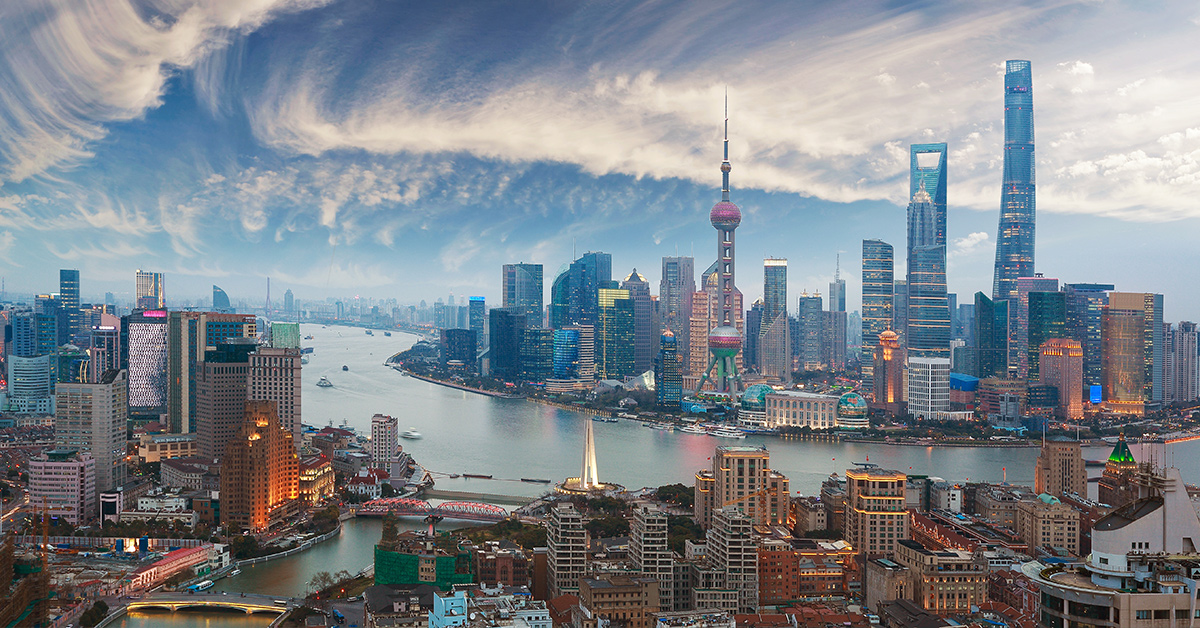Kevin Rudd explains how the United States and China can avoid disaster through “managed strategic competition.”
Terry Lautz shares insights into selected Americans who have been involved with China from 1949 to the present.
Elizabeth Economy argues that China intends to transform the international system in ways that give China a central position on the global stage.
Earl Carr and Carolyn Kissane discuss the economic, environmental, and climate aspects of U.S.-China policy.
Shelley Rigger discusses Taiwan's contribution to China's transformation into an economic superpower.
Kai-Fu Lee discusses the challenges and possibilities presented to the world by artificial intelligence.
Educators and scholars Mary Brown Bullock, David M. Lampton, Anne F. Thurston, and Tashi Rabgey discuss a half-century of U.S.-China relations.
By examining the personalities and experiences of China's primary top leaders since 1949, David Shambaugh explores contemporary Chinese history.
Richard Bush explores how Taiwan can overcome internal stresses and threats from China, and what the United States might do to help.
Cheng Li considers Shanghai's middle class, cultural and educational exchange, and the prospects for a positive U.S.-China relationship.
